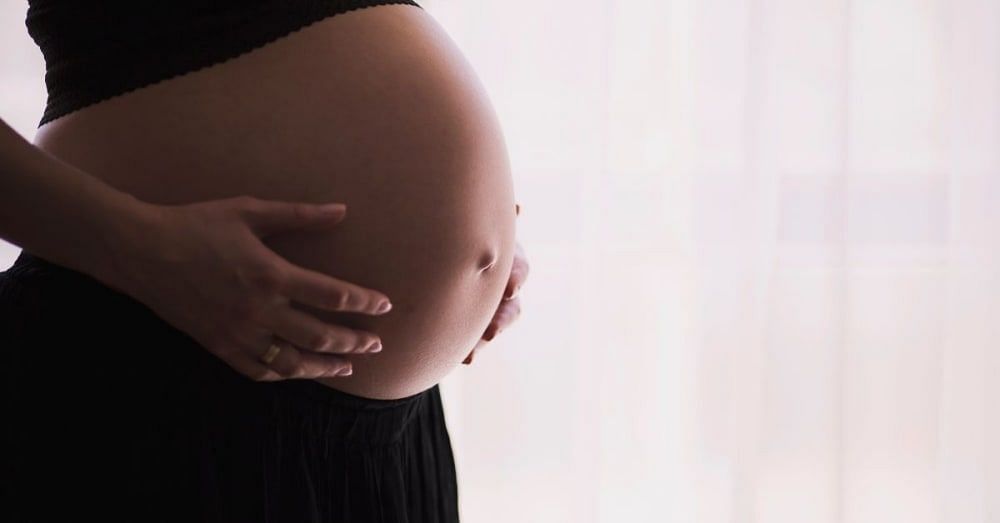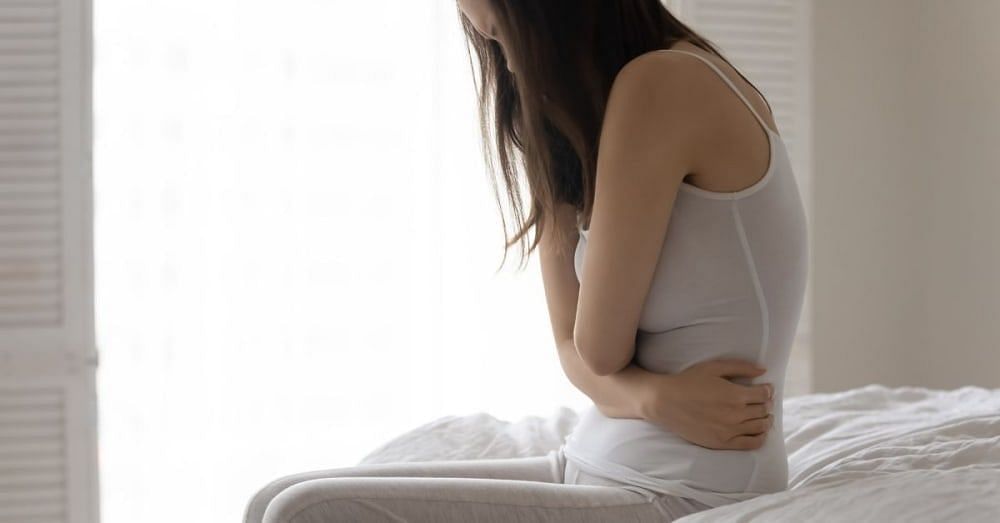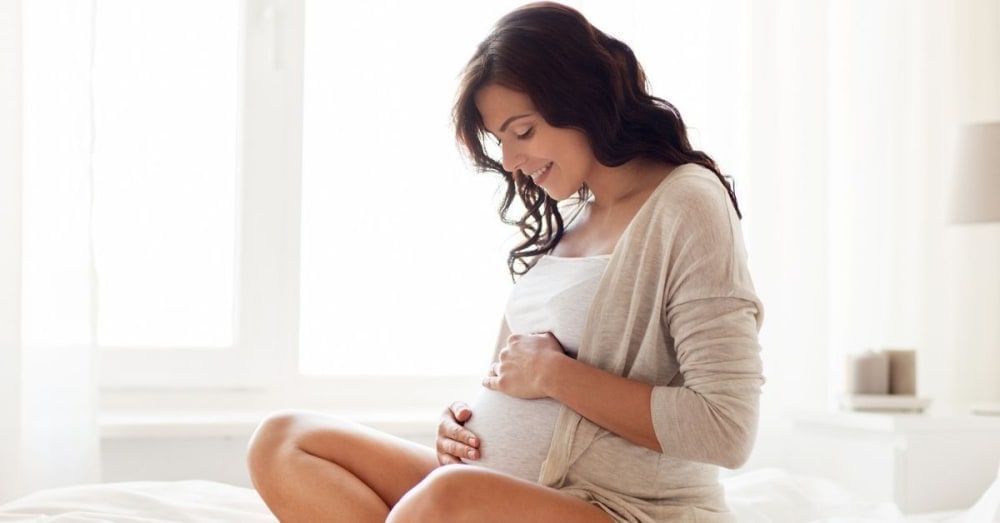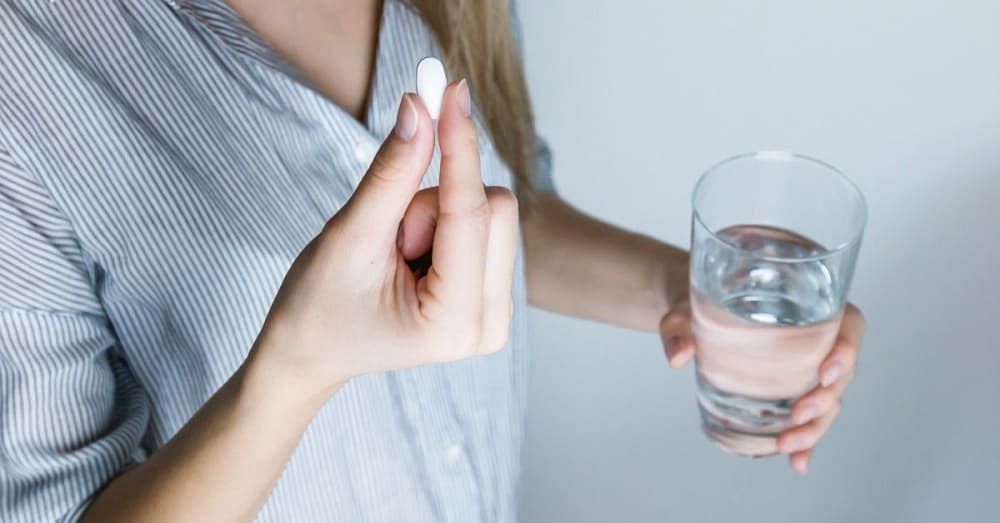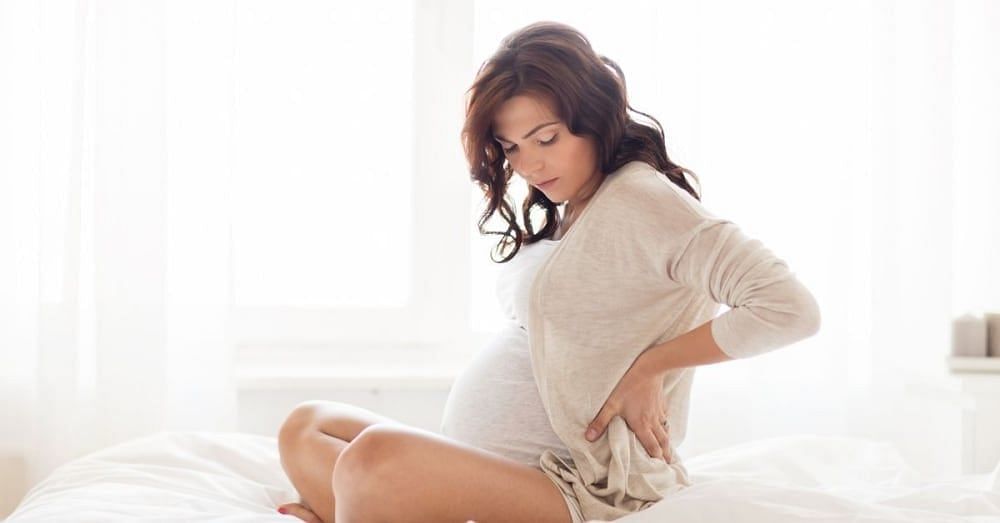Pregnancy can be an exciting time in any woman’s life. One of the earliest signs of pregnancy is a marked increase in vaginal discharge. There are changes in vaginal discharge in terms of texture, colour, and volume. Some of the changes occurring in the colour of the discharge are normal, while others can indicate infection or a more severe problem.
But is it also normal to have no discharge in early pregnancy? Let’s dive deep into all aspects of vaginal discharge.

Is it a Must to Have Discharge When Pregnant?
Vaginal discharge is not associated with being pregnant. When pregnant, some experience a lot of discharge in the early stages of pregnancy. However, others might see little to no vaginal discharge during pregnancy. Both are absolutely normal. All women have different bodies, and not every woman produces vaginal discharge in their pregnancy.
Most women secrete sticky, thick, pale-yellow or white mucus early in their first trimester and later during the pregnancy. The vaginal blood flow and increased hormones lead to discharge. It heightens during pregnancy and helps prevent infections as the vaginal walls, and the cervix softens up around this time.
Normal vaginal discharge, called leukorrhea, is clean or milky white in colour and thin in texture with a mild smell. Variations can occur in vaginal discharge as early as the first or second weeks of conception, even before you miss your period.
The discharge becomes more evident as pregnancy progresses, and it is usually the heaviest towards the end of the pregnancy. Around this time, you can wear a simple and unscented panty liner. Also, steer clear of using tampons during pregnancy.

How Early in Pregnancy Does Discharge Start?
While some women might have no vaginal discharge during pregnancy, others do have some amount of vaginal discharge when they become pregnant.
The vaginal discharge can happen any time during your pregnancy. And the subsequent increase in its amount continues throughout the whole pregnancy period. It is considered normal and can happen due to a few reasons.
In pregnancy, the neck of the womb, known as the cervix, and vaginal walls become softer, and the amount of discharge increases. This prevents any infection from travelling up to the vagina and the womb. A spike in the level of progesterone hormone can also result in producing more quantities of the fluid.
Increased discharge is normal during pregnancy. However, you should keep a check on it and inform your doctor if it undergoes changes in any manner. In the concluding weeks of pregnancy, your discharge might also contain strong streaks of thick mucus with tinges of blood, called ‘show.’
This is often an early sign of labour and should not be alarming.
Is it normal to have no discharge in early pregnancy? It is normal to have no discharge in early pregnancy as well.

Kinds of Discharge During Pregnancy
The discharge from your vagina during pregnancy can be of different colours, and the variations can indicate different health issues such as:
1. Bad Odour
Early pregnancy discharge with a fishy odour can be a sign of a vaginal infection known as bacterial vaginosis.
2. Colourful
If you see a yellow or green discharge early on in your pregnancy, it could be because of an STD called trichomoniasis.
3. Thick in Texture
If you notice a cottage cheese-like consistency in your early pregnancy vaginal discharge, it could be due to a yeast infection.
4. Incessant Itching
If you suffer from an itchy vagina, have a burning sensation or an inflammation in addition to the early pregnancy discharge, you could have a yeast infection.
5. Bleeding
If you bleed during pregnancy, it doesn’t always mean a miscarriage. Nevertheless, have it checked out as soon as possible. And though spotting isn’t often a cause for worry, you must let your doctor know if you have it so that they can rule out any possible issues.
Also Read: White Discharge - Leucorrhoea (Likoria) Causes, Symptoms, Treatment

How to Deal with Discharge in Pregnancy
As discussed earlier, for some women, it is normal to have no vaginal discharge during pregnancy. But for those who do have it, experts have a number of tips to help them deal with it. Mild-smelling discharge during early pregnancy may increase in volume, and that is normal.
But if you notice unusual odours and colours, it could mean an infection of some kind. Doctors can prescribe antibiotics or other suitable medication to treat and manage infections.
But you can follow these tips to maintain good vaginal health during pregnancy:
- Avoid using tampons.
- Avoid douching.
- Opt for unscented feminine hygiene and personal care products, including unscented soaps and toilet paper.
- Avoid wearing tight jeans or nylon underwear as that can increase the risk of infection.
- Always wipe your genital area from front to back after passing stool or urinating.
- Dry your vagina thoroughly post taking a shower or swimming.
- Wear panties made of a breathable fabric.
- Eat healthily and maintain a nutritious diet. Minimise the intake of sugar as that can encourage yeast infection.
- Take more probiotic foods and vital supplements which are safe for consumption during your pregnancy. These will prevent bacterial imbalances inside your vagina.
Consult your doctor or healthcare provider if you notice any abnormal discharge in the early stages of pregnancy and beyond.
Do not self-medicate and consult your gynaecologist for any queries.
Also read: Best Foods to Stop White Discharge Naturally
References
- American Pregnancy Association, Yeast Infections During Pregnancy - https://americanpregnancy.org/healthy-pregnancy/pregnancy-complications/yeast-infections-during-pregnancy/
- Pregnancy birth baby, Vaginal discharge during pregnancy - https://www.pregnancybirthbaby.org.au/vaginal-discharge-during-pregnancy
- NHS, Vaginal discharge in pregnancy - https://www.nhs.uk/pregnancy/related-conditions/common-symptoms/vaginal-discharge/#close
- American Pregnancy Association, Vaginal Discharge During Pregnancy - https://americanpregnancy.org/healthy-pregnancy/pregnancy-health-wellness/vaginal-discharge-during-pregnancy/




